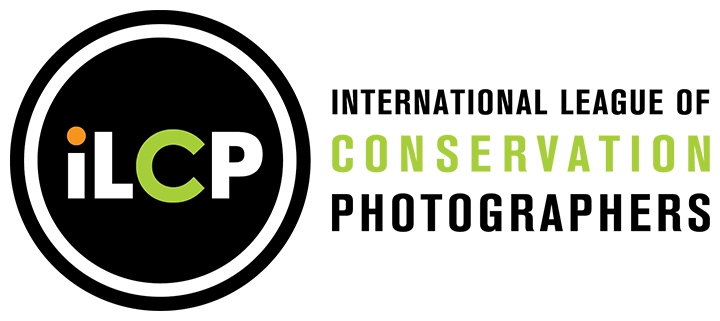Sustainable Practices from Fisherman to Fisherman
The unique nature of iLCP starts with our mission, to further both environmental and cultural conservation through ethical photography. We believe in the inherent link between people and place, and how the survival of each is dependent on the well-being of the other. This is one of the many reasons why the staff is excited to have just launched a new series of Tripods in the Blue expeditions in the Caribbean region of Honduras and Belize.
Partnering with the Honduran-based Center for Marine Ecology, and with generous support from The Summit Foundation, these photo and video expeditions will help advance a campaign to secure 20% of the Mesoamerican Reef as a “no-take zone” for fishing. However, this is not a story of exclusion. Rather, it is a story of triple bottom line benefits (environmental, economic and societal) for the local fishing community. The Center for Marine Ecology is pursuing a multi-faceted strategy of using no-take reserves as a cornerstone of a broad fisher-led management and stewardship campaign in the Moskito coast, off shore cays of eastern Honduras and the Bay Islands
This is, at its heart, is a cultural story. The Moskitio people, an ethnic group living on the Mosquitio Coast, have made their living primarily as diving lobster fishermen. By diving, we mean scuba diving. As the lobster have been depleted near-shore, lobster divers have been forced to move offshore, necessitating deeper, longer dives to ensure their catch. These lobster divers are engaged in the most dangerous job in the fishery world. Many are killed or paralyzed as a result of the bends, as they are driven to dive deeper and more often in order to make a decent living. Meanwhile, due in part to over harvesting, and in part to concern for these divers’ safety, the diving lobster fishery in this area will end next February. So, the question is “what to do?”
The Center for Marine Ecology, working with the international Global Fish Alliance, is using this closure as an opportunity to implement a livelihoods transition plan to establish sustainable fisheries and no-take zones in the Honduran region of the Mesoamerican Reef. Several interesting projects make up this plan. A group of approximately 300 soon-to-be former Moskitio lobster divers will begin an artisanal lobster fishery program using casita cubanas – lobster refuges that provide shelter for the lobsters, aggregating them in one place so they are easier to collect. Much of that artisanal lobster fishing will occur on the reefs surrounding the off-shore cays, reefs that the Moskito fishers through this program of stewardship and protection will help to rehabilitate, to enhance natural habitat and lobster populations. To further enhance the Moskitio’s prospects for a decent livelihood, hook and line fishing for snappers will be conducted on these outer cays. Finally, by establishing camps on these outer cays from which they will fish, the local Moskitio fishers will serve as sentinels of the reef – thereby protecting these waters from illegal fishing by ‘invasive’ fishers (notably from Jamaica).
A separate, but related, part of this effort is centered on the Bay Island of Roatan. The Garifuna community of Punta Gorda has a long, though not now sustainable, fishing tradition. In March, the Center for Marine Ecology worked with the community to create a fishing cooperative. The cooperative agreed to stop fishing parrotfish (whose numbers have decreased of late), and instead concentrate on catching the invasive, and very destructive, lionfish. Conserve the native fish, and work to control the invasive species – a great conservation combination. Better yet, restaurants in Roatan have committed to buying the lionfish (which iLCP’s Mark Christmas says is a tasty treat). These steps are some of the Roatan fishing community’s first toward implementing a locally designed and governed marine conservation plan.
In total, this is a great story of local fishers realizing the ecological, economic and societal value of conserving their marine ecosystem, and iLCP is pleased to be helping tell this evolving environmental and cultural conservation story. We look forward to sharing more news from the Mesoamerican Reef region in future newsletters.
